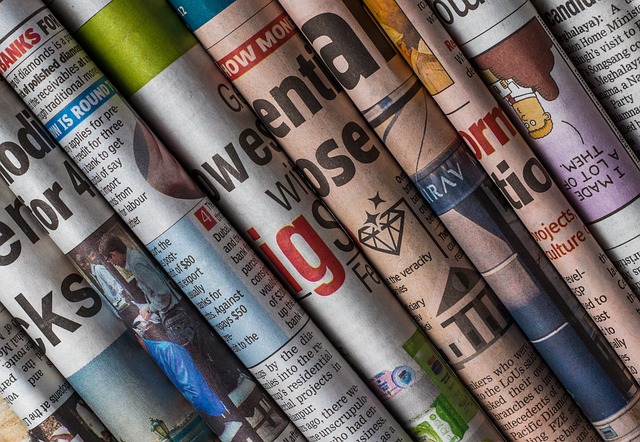


Building Relationships with Journalists: Best Practices for PR
By Annika Cha for JD Supra…
Building relationships with journalists and publications is a key aspect of the public relations (PR) industry. These relationships are crucial for any PR agency or professional, as it allows them to secure media placements for their clients, which in turn boosts their client’s brand reputation. Not only that, but the relationships built with journalists allow a PR professional to gain insights and knowledge of the upcoming work the journalist may have. This ultimately creates a long-term relationship built on mutual trust.
Creating long-term relationships with journalists will take some time, as they are busy individuals with hard deadlines and contact preferences. However, don’t let that discourage you from reaching out to them about any company updates you might have or any newsworthy-related updates.
Establishing Your Credibility as a Reliable Source
When building relationships with journalists, it’s crucial to remember that you are their source of information. For example, if you’re a personal injury law firm and you see on social media that a journalist is seeking advice on what to do after a car accident, promptly provide the information and a brief description of your law firm’s experiences, achievements, and accolades. This will allow you to give the journalist reliable information, establish your credibility for future opportunities, and allow journalists to meet their required deadlines for publication.
As a reliable source, journalists may contact you for further insights and interviews. To make the most of this opportunity, there are five things you can do to prepare yourself for the interview and ensure you are using your time with the journalist effectively.
- Ask for the list of questions they will be asking.
- Record yourself answering the questions and take note of your ‘filler’ words.
- Pace your answers.
- Allow yourself time between each question, as journalists take the time to write down what you have said.
- Prepare to answer any additional questions, as your answers may spark the journalist to dive deeper and ask further questions.
For more, click here.